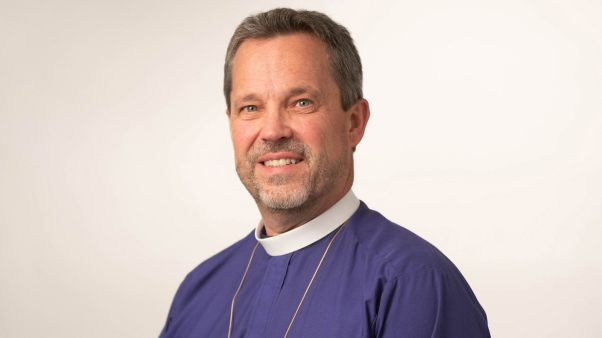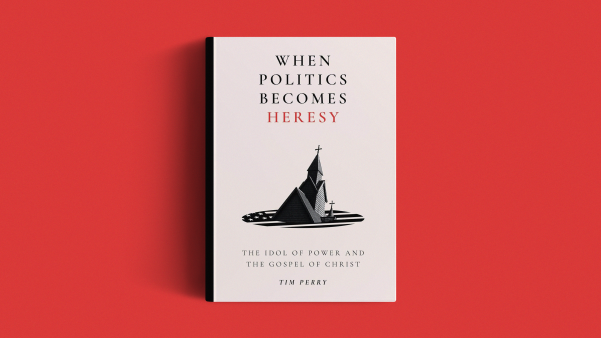I have found theology and church history coming alive because of my new interest in the arts.
While Sorting Through Books at the inevitable book table at a recent conference, several pastors were heard to say that they were weary of looking at layers of books. They would select—if at all—only rare treasures that would speak directly to their own needs.
Now that I am in my forties, I find my obsession for reading is beginning to subside. I am picky. Colorful jackets do not bait me as they once did. As a result, however, an empty spot has appeared in my life. In an effort to fill this uncomfortable emptiness, I decided to investigate a new area of interest. I decided to try the arts.
I have always been interested in painting and music. However, because of the attention I concentrated on theology and church history, I didn’t have time to explore more in the arts. Now I began by purchasing The Story of Painting, by H. W. Janson. I decided I would study, not simply read, this work. I examined individual paintings so closely that I began to feel I had given myself an introductory course in each one. Then I tested myself, flipping through the book to see if I could name the painter of each work without sneaking a look at captions.
I went on to other works, such as The Story of Art, by Gombrich, A Treasury of Impressionism, by Harris, The Larousse Encyclopedia of Renaissance and Baroque Art, by Hamlyn, and Famous Artists of the Past, by Chase. Friends and relatives began to give me gifts, which included such works as Rembrandt’s Life of Christ, Western European Painting, The Life of Christ in Stained Glass, and Great Masterpieces of World Art.
As I read, I began to feel an old hankering to paint. Unfortunately, my box of oils had collected dust for years, and I had never found time to get into watercolors. I decided the time had come to produce some canvases of my own. I soon surprised myself with paintings that now grace the walls of my home.
But going beyond reading and painting, I decided to take some time to visit museums. The more I walked through museums, the more I realized how multidimensional are their offerings. Not only are paintings, drawings, and sculpture provided, but there are garden concerts, curator gallery talks, group tours, gift shops, films, and cafes.
Many of these offerings even have no price tag. Not long ago I visited an exhibit of the paintings of William Blake at Harvard’s Fogg Museum near Boston, which is open daily to the public without charge. Three blocks away, the Busch-Reisinger Museum of Central and Northern European Art is also open to all without charge. And the Gardner Museum on the Fenway provides free concerts three times a week.
As my interest in the arts grew, I began to sort through the fine-print listings in Boston newspapers. I found names, addresses, telephone numbers, opening hours, and selections of many places in the area that focus on the arts. I began marking in events in my desk calendar.
Before long, I realized my adventure into the arts needed to become a family opportunity, and so I began to include my wife and three children. Today, all of us visit museums, attend concerts, and listen to lectures.
The payoff for all this activity has not only been the activation of certain aesthetic brain cells, but also a very concrete refreshment of soul. Sometimes at the end of the day, when I am weary of pastoral pressures, I will pick up a book on impressionistic paintings and legitimately escape into a world of clear air.
When I need a break from biblical studies, I poke a brush at white canvas for a while. Sometimes I leave the books and study altogether to drive through tree-lined streets in another world of hanging masterpieces.
Ironically, now I find books on theology and church history coming alive to me once more because of my new interest in the arts. How interesting it is to speculate on how various parts of the brain feed on each other.
Might not different seasons of life ask for different fulfillment? Could not the empty spaces inside of us become creative urges for mind expansion? How about viewing boredom as a nudge to unlock doors of inspiration that might feed into the life of the Spirit of God within us?
J. GRANT SWANK, JR.1Mr. Swank is pastor of the Walpole, Massachusetts, Church of the Nazarene.










